We all knew this day would come, but the breaking news alert that former President Jimmy Carter died today at 100 still stung. He lived an incredibly full and long life. At his core, Carter was an extremely honest man — the presidency didn’t change that. It only made him more decent, caring, and giving after he left office.
Keep up with the latest in LGBTQ+ news and politics. Sign up for The Advocate's email newsletter.
In light of this year's election and America’s dark turn to someone who isn’t decent, giving and caring, I’m afraid that Carter was perhaps the last most human president we'll ever glimpse in our lifetime and perhaps beyond. And, I will forever carry in my memory and my heart my one and only glimpse of Carter that almost got me fired from my job.
In the late 1990s, I worked at a global PR agency in a midtown Manhattan office building on the corner of 50th Street and Madison Avenue. The agency had several of the top floors with breathtaking views of Manhattan. Our department was on the second floor. My office was above the cargo garage. You know that sound a truck makes when it goes backwards? "Beep, beep, beep, beep." I heard that on a loop — daily.
But had our suite not been on the second floor, above that garage, I would have missed my opportunity to see Carter.
One day during a client meeting, bored to tears, I was looking down on the street and the garage entrance below when suddenly a black Lincoln Town Car pulled up. The back door flung open and out popped Carter. He looked up as he got out, and there I was, eyes wide open, and then he flashed that grin.
“Holy s**t, Jimmy. Carter!,” I blurted out. And without the least bit of self-control, I jumped up and waved at him — and he waved back. After the meeting, for that outburst in front of our client, my supervisor scolded me, but I couldn't have cared less about being reprimanded or my bawdy behavior in front of our stodgy client. Because on that day, I saw one of my heroes.
And from then on, I thought the second floor had the best views in the building!
I was 12 years old when Carter ran for president in 1976. As I was a budding, self-anointed presidential “historian,” it was my first election that I followed closely. I was obsessed with the presidency, thanks to my great-grandmother who indoctrinated me to the Democratic Party and its presidential stalwarts, FDR and JFK, and gave me the scrapbooks she kept on each president.
My great-grandmother’s mother, my great-great-grandmother, celebrated her 100th birthday in 1974, when I was 10 years old. She credited her longevity to doing a shot of brandy every morning, along with a piece of chocolate. She received a special congratulatory letter from President Richard Nixon, who resigned not long after her birthday. When we visited her for her birthday party, she gave me the letter. “Put this in your scrapbook,” she instructed.
I remember Carter as the balm the country needed after the Nixon presidency and President Gerald Ford’s pardon of Nixon, which at the time seemed criminal. America wanted to move on, and Carter, the little-known governor of Georgia, was in the right place at the right time.
He was a peanut farmer from Plains, Ga. I had an aunt and uncle who lived outside of Atlanta, and I always dreamed of going to see them and then going to visit Carter’s peanut farm. Moreover, my family wasn't politically connected, but my father went to a politically connected friend of his, who gifted me a Jimmy Carter campaign poster and button. Boy, did I treasure those. And because I had them, I felt like I had a special bond with Carter.
Besides that, I was the only kid in my neighborhood and at school who had a Carter poster. I thought I was a big deal!
Unfortunately, my dad died four days before Carter was sworn in, so not seeing Carter’s farm and missing his inauguration were the least of my worries.
At some point, I resumed my admiration for Carter. When my brother and I started collecting beer cans, which was a big thing back in the 1970s, one of our most prized possessions was a Billy Beer can, which was Carter’s brother's beer. Billy was famous for slugging down brews, unlike his brother, who didn’t drink.
After that, I admit to not thinking much about Carter for a long stretch of time. Of course, I saw the amazing work he was doing with Habitat for Humanity as well as his global influence through the Carter Center.
And at an airport sometime in the early 2000s, I picked up his childhood memoir, An Hour Before Daylight: Memories of a Rural Boyhood, and after reading that eloquent tome, I was hooked, and I became a big fan of Carter — the author and statesman.
So much has changed since Jimmy Carter lost his reelection campaign in 1980. I often wonder how things would be different if he had won; most notably, he would have certainly done more for the AIDS epidemic than Ronald Reagan.
But what I think we lost after Carter lost was a sense of humility as a nation and as an attribute of our leaders. Jimmy Carter, for all his faults, and he had plenty, was a humble and honest person, which is exceedingly rare in this day and age. My father was the same way. A very kind, humble, God-loving, compassionate man, and I think that’s one of the reasons I’ve admired Jimmy Carter so much.
I’ve thought a lot about him over the years, in a way that I never imagined. Any time I would sit through a boring meeting — and trust me, in 30 years in corporate PR there were many — I would gaze out of whatever window I was nearest to and think back on that day when zoning out allowed me to get a meaningful glimpse of Carter.
And with his death, we’re likely to never get a glimpse of a president as kind, simple, and honest. That’s why Carter’s death stings so much today.
Voices is dedicated to featuring a wide range of inspiring personal stories and impactful opinions from the LGBTQ+ community and its allies. Visit Advocate.com/submit to learn more about submission guidelines. Views expressed in Voices stories are those of the guest writers, columnists, and editors, and do not directly represent the views of The Advocate or our parent company, equalpride.








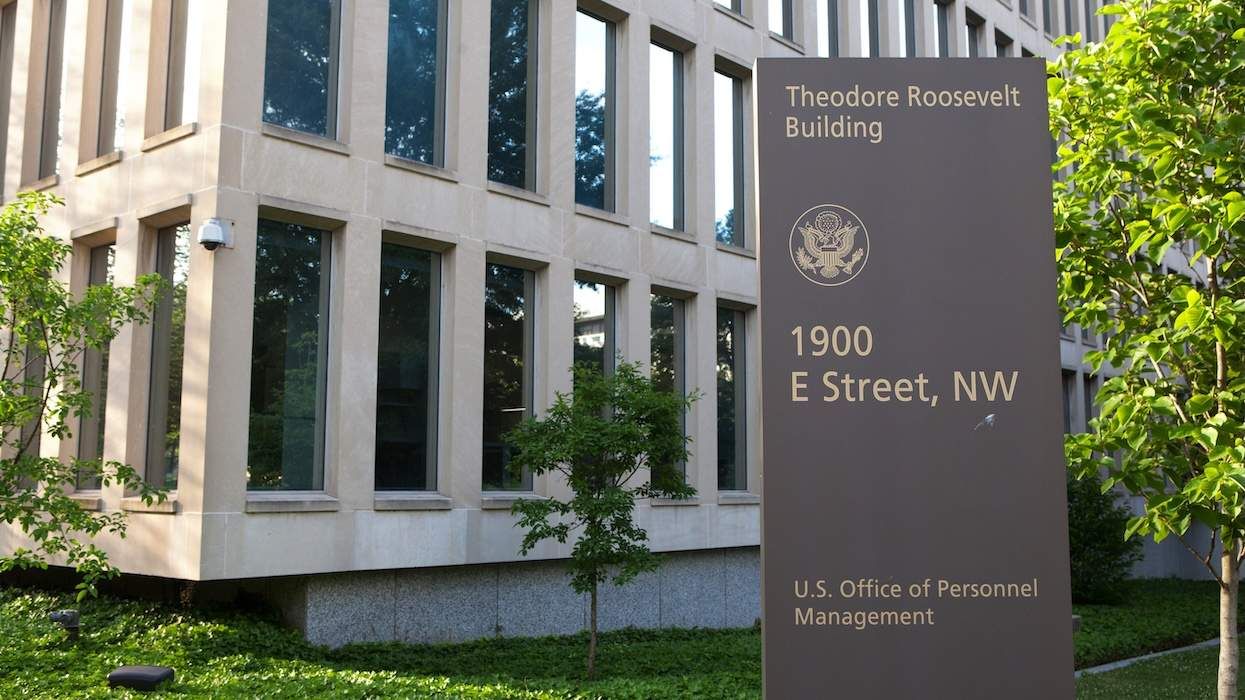

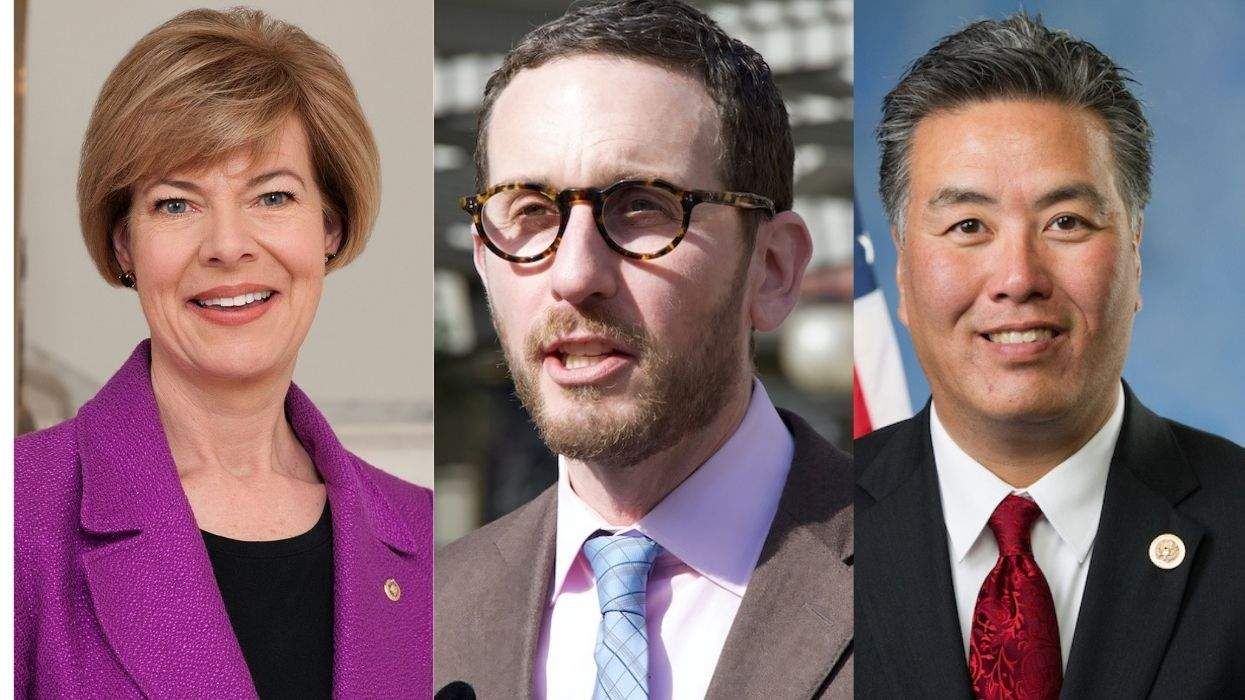


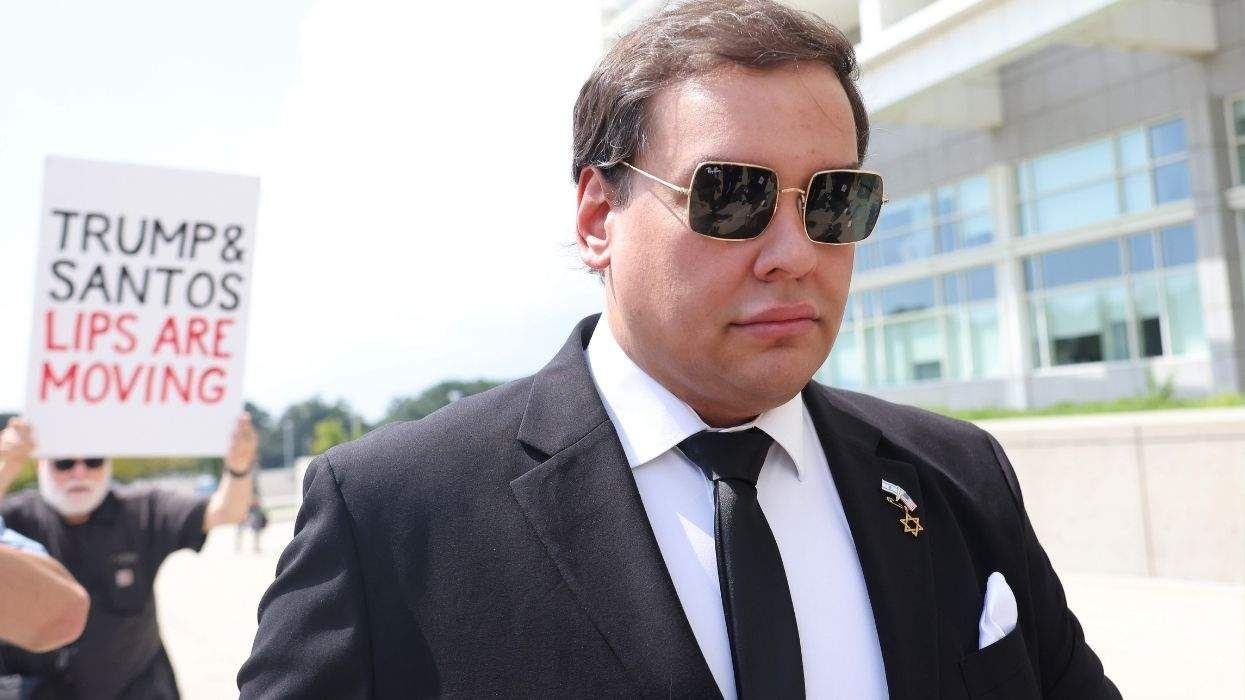
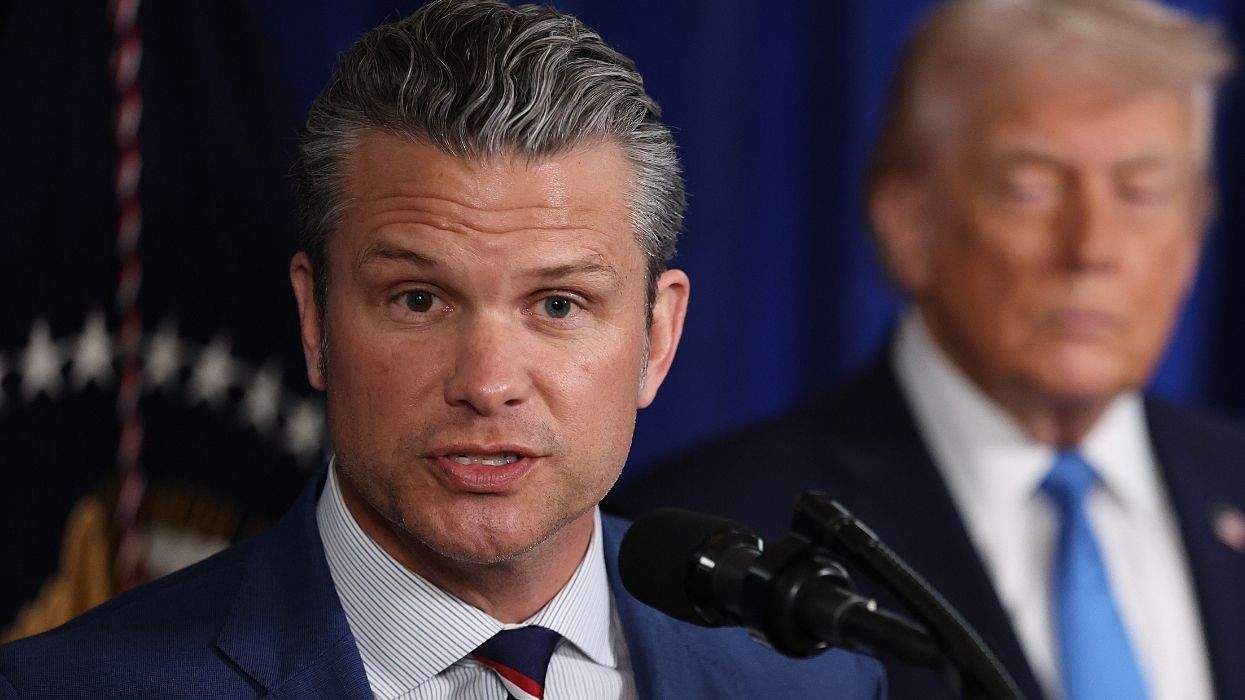


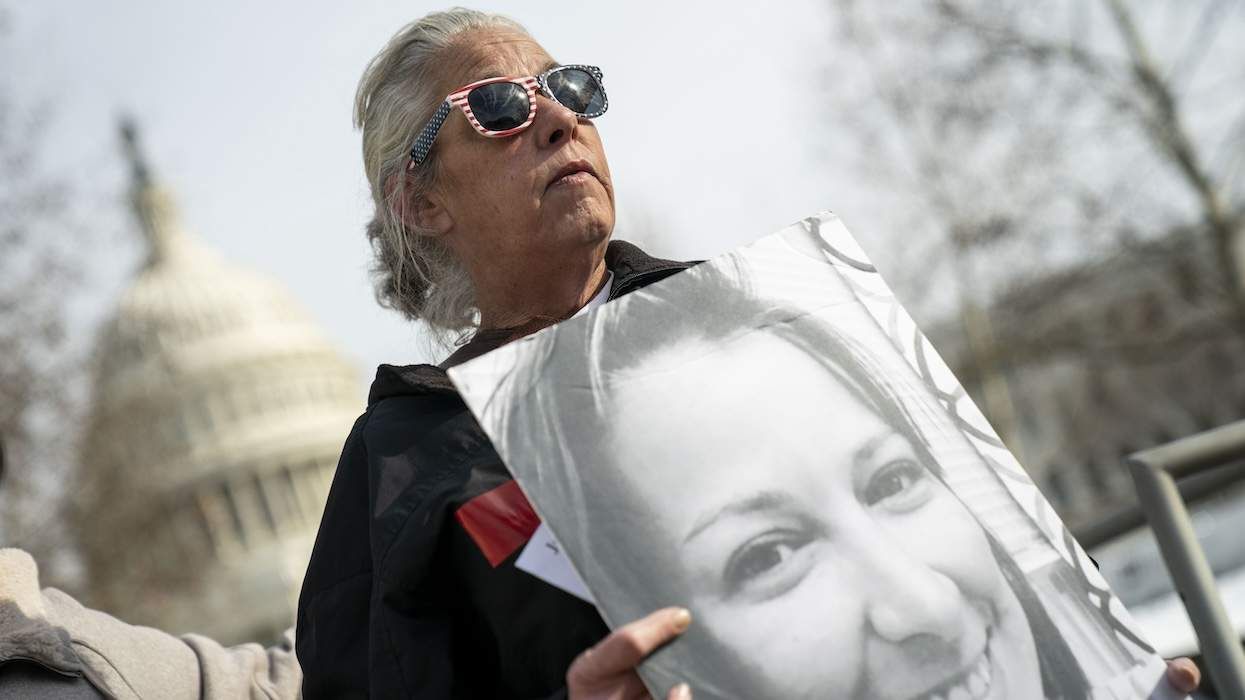
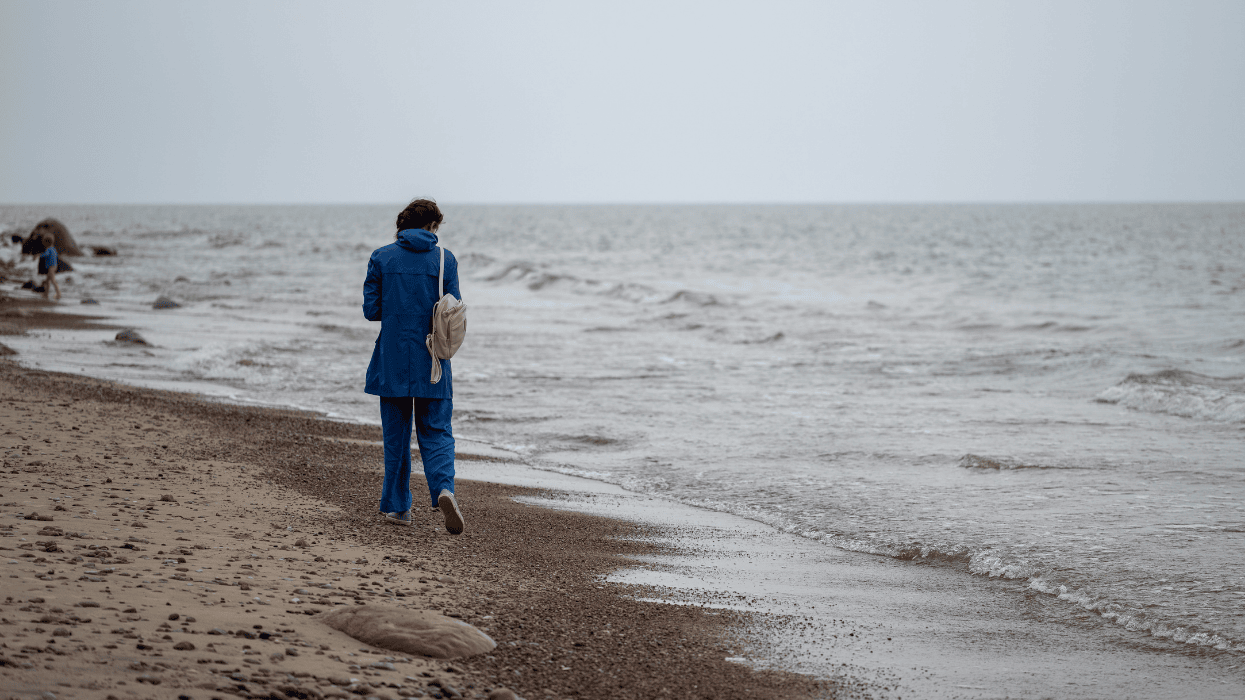










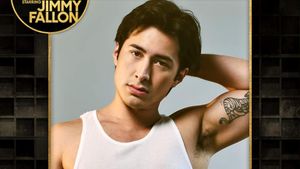



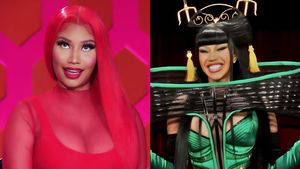


























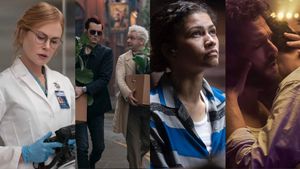








Charlie Kirk DID say stoning gay people was the 'perfect law' — and these other heinous quotes